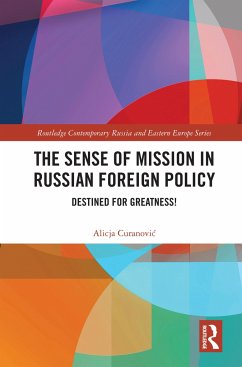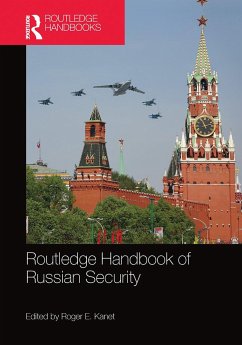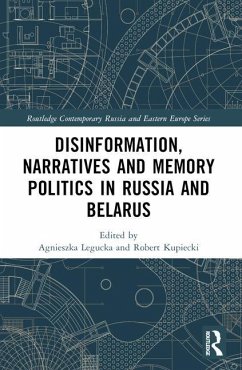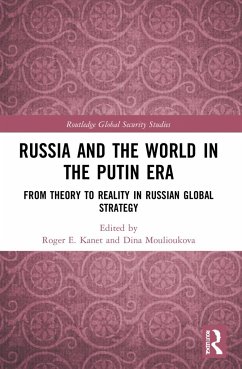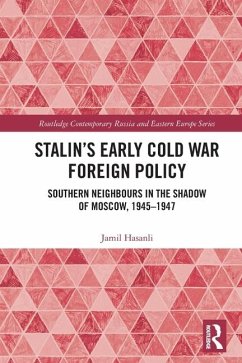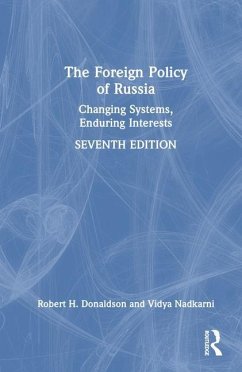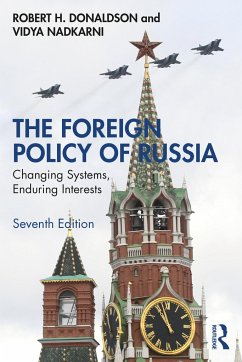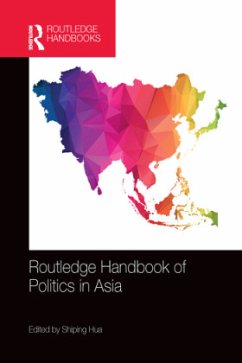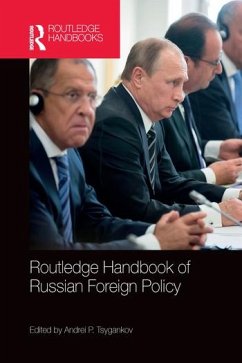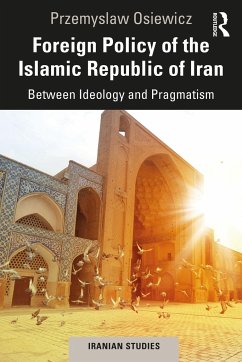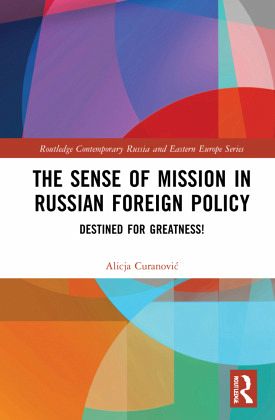
The Sense of Mission in Russian Foreign Policy
Destined for Greatness!
Versandkostenfrei!
Versandfertig in 6-10 Tagen
170,99 €
inkl. MwSt.
Weitere Ausgaben:

PAYBACK Punkte
85 °P sammeln!
This book explores how far messianism, the conviction that Russia has a special historical destiny, is present in, and affects, Russian foreign policy. Based on extensive original research, including analysis of public statements, policy documents and opinion polls, the book argues that a sense of mission is present in Russian foreign policy, that it is very similar in its nature to thinking about Russia's mission in Tsarist times, that the sense of mission matters more for Russia's elites than for Russia's masses, and that Russia's special mission is emphasised more when there are questions a...
This book explores how far messianism, the conviction that Russia has a special historical destiny, is present in, and affects, Russian foreign policy. Based on extensive original research, including analysis of public statements, policy documents and opinion polls, the book argues that a sense of mission is present in Russian foreign policy, that it is very similar in its nature to thinking about Russia's mission in Tsarist times, that the sense of mission matters more for Russia's elites than for Russia's masses, and that Russia's special mission is emphasised more when there are questions about the regime's legitimacy as well as great power status. Overall, the book demonstrates that a sense of mission is an important factor in Russian foreign policy.




